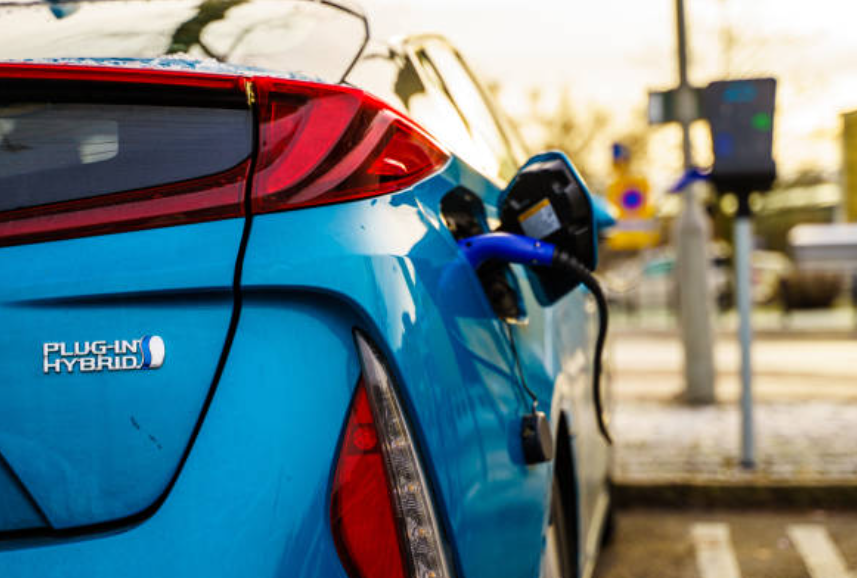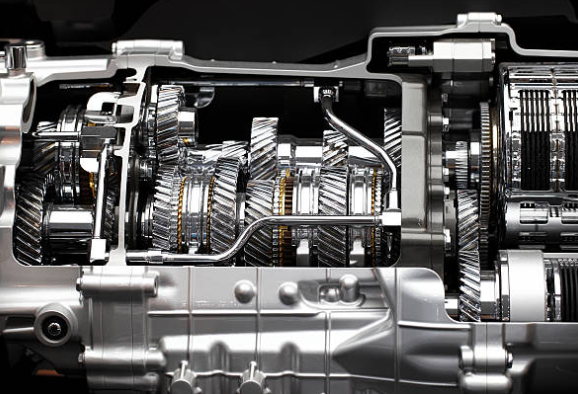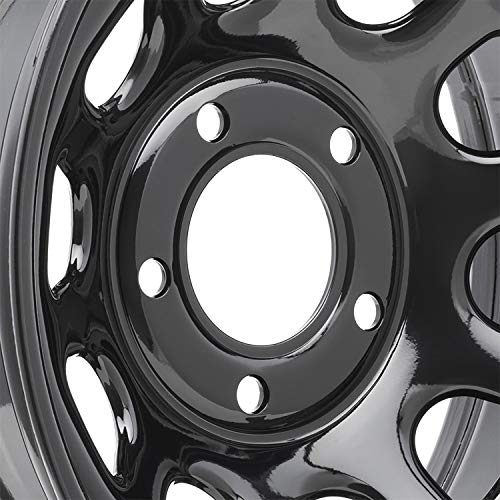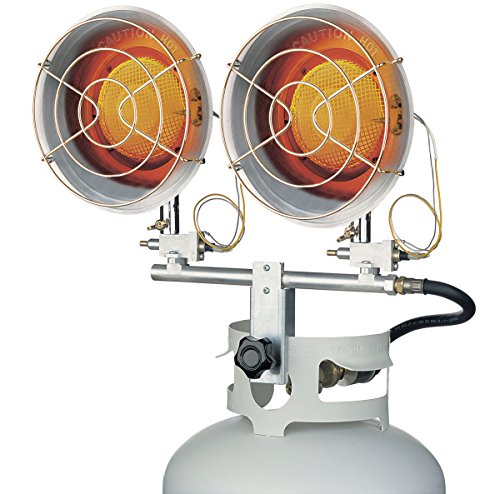Exploring the World of Hybrid Cars
Are you interested in switching to a hybrid car but unclear on how to proceed? It's hardly surprising that many drivers are contemplating hybrid technology as an option given the push for more environmentally friendly and energy-efficient vehicles. Hybrid cars combine conventional gasoline engines with electric motors to boost fuel efficiency while reducing pollutants. In this blog article, we'll look more closely at what hybrid vehicles have to offer, including fuel cost reductions, environmental advantages, maintenance needs, and driving perks. Come along as we explore the world of hybrid vehicles!

Understanding Hybrid Technology
Hybrid technology combines the strength of electric motors with gas engines to provide a propulsion system that is more effective and ecologically friendly. A high-voltage battery pack and an internal combustion engine both function in tandem in hybrid vehicles. The electric motor can assist the engine during acceleration or operate independently at lower speeds, relying solely on electric power. Regenerative braking allows the motor to capture and store energy while decelerating, replenishing the battery. A power control unit manages power distribution between the engine, motor, and battery, optimizing efficiency. Hybrid technology is a desirable alternative for people looking for a cleaner and more sustainable means of transportation due to the combination of these factors' better fuel efficiency, less emissions, and smooth driving experience.

Lower Emissions: Hybrid cars produce lower emissions compared to traditional gasoline vehicles. The electric motor assists the engine, reducing the reliance on gasoline power and resulting in reduced greenhouse gas emissions and air pollution. Hybrid cars play a role in reducing carbon footprint and combating climate change.
Potential Tax Incentives: Many governments and jurisdictions provide tax incentives, rebates, or grants for purchasing hybrid vehicles. These incentives aim to encourage eco-friendly transportation and can help offset the initial purchase cost of a hybrid car.
Access to Carpool Lanes: In some areas, hybrid cars are granted access to high-occupancy vehicle (HOV) or carpool lanes, even with only one occupant. This perk can help reduce commuting times and ease traffic congestion for hybrid car owners.
Silent Operation: Hybrid cars often operate in all-electric mode at low speeds or during idling, resulting in near-silent operation. This feature contributes to a quieter and more pleasant driving experience, especially in urban environments.
Technological Advancements: Hybrid cars often incorporate advanced technologies and features. These can include regenerative braking, start-stop systems, energy monitoring displays, and advanced infotainment systems. Owning a hybrid car allows you to enjoy the latest automotive innovations.
Resale Value: Hybrid cars generally hold their value well in the used car market. Their reputation for fuel efficiency and environmental friendliness makes them appealing to buyers, resulting in higher resale or trade-in values compared to traditional vehicles.
Hybrid vehicles offer an impressive blend of performance and fuel efficiency. By combining the power of an internal combustion engine with an electric motor, hybrid cars provide responsive acceleration and smooth power delivery. The electric motor contributes instant torque, resulting in quick and seamless acceleration. Regenerative braking technology enhances performance by capturing energy during deceleration and improving overall efficiency. Advanced transmissions, aerodynamic designs, and optimized weight distribution further contribute to the performance of hybrid cars, providing stability, precise handling, and an enjoyable driving experience. Hybrid vehicles demonstrate that prioritizing environmental responsibility doesn't require sacrificing performance. They deliver a comprehensive combination of power and fuel efficiency, ensuring that drivers can enjoy both impressive performance and reduced environmental impact.

Hybrid cars are making a significant impact on the driving industry by bringing about notable changes. By lowering pollutants and increasing fuel economy, they are leading the way towards ecologically friendly transportation. Hybrid cars are now more affordable and appealing to a larger spectrum of consumers thanks to technological improvements. In addition to helping drivers become used to electric drivetrain technology, their debut has been vital to the shift to electric cars. Automakers have increased their hybrid product options and made research and development investments as a result of the growing demand for hybrid vehicles. Government incentives and rules that support the adoption of hybrid vehicles have further sped up this increase. Hybrid vehicles are altering the automotive business, impacting customer tastes, and advancing the infrastructure for charging them.
-
Are hybrid cars suitable for long-distance travel?
Yes, hybrid cars are suitable for long-distance travel. The gasoline engine provides extended range, and the electric motor assists during acceleration and at lower speeds, enhancing fuel efficiency. Some plug-in hybrid models offer increased electric range, making them even more practical for long journeys.
-
Do hybrid cars require special maintenance?
Hybrid cars typically require similar maintenance to traditional vehicles, such as oil changes and regular inspections. However, hybrid systems and components, such as the battery pack, may require specialized maintenance or occasional replacement. It is recommended to follow the manufacturer's maintenance schedule and consult a qualified mechanic familiar with hybrid technology.
View more article here: The 10 Best Motorcycle Alarms For Enhanced Protection













